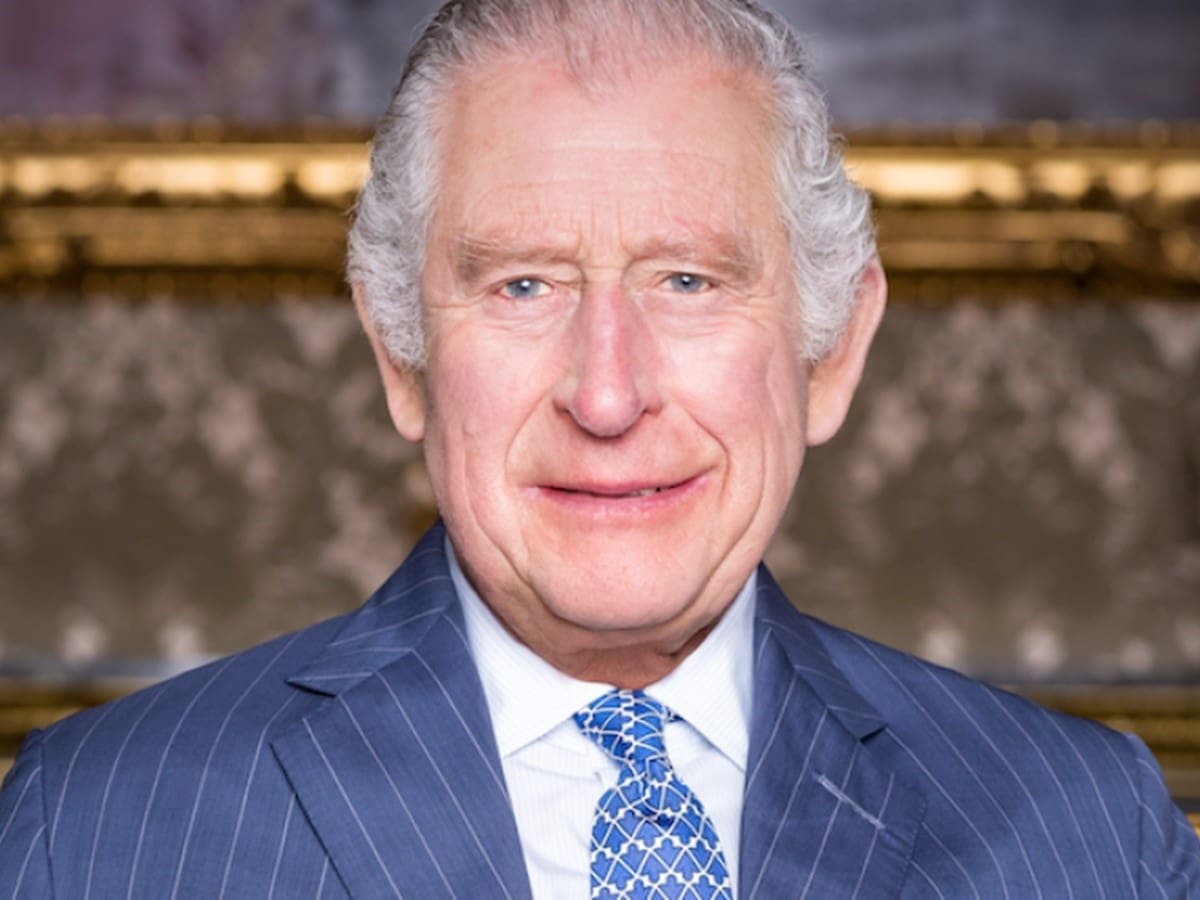This year’s Sunday Times Rich List revealed king Charles’s personal wealth rose by £10m to an extraordinary £610m, as his property portfolio increased in value.
This portfolio includes the private estates of Sandringham and Balmoral, which he inherited from the late queen, although king Charles’s net worth exceeds that of queen Elizabeth by £240m. The Rich List figure appears to vastly understate the king’s true wealth, however, with the Guardian finding the late queen’s jewellery collection alone, which Charles seemingly inherited, is worth at least £533m.
Amidst a prolonged cost of living crisis, and an electorate increasingly less enthralled by the monarchy, many taxpayers are questioning the vast government subsidies the royal family receives each year.
A change of direction with Labour?
As we look ahead to a likely Labour government in power in just a few weeks, we could see a changing relationship between Westminster and the Crown.
Ken Ritchie, secretary of Labour for a Republic, told the Canary:
We think at the moment, if you took most Labour MPs into a quiet corner, and asked them the question in total confidence, we’d find the great majority are on our (Republican) side.
These sentiments were echoed last year when Labour Party MP Clive Lewis said that many of his colleagues are secretly in favour of replacing the monarchy with an elected head of state.
Soaring royal expenses – notably king Charles
The Sovereign Grant, which is the funding the royal family receives from the taxpayer each year, has been set at £86.3m for the past three years. In 2011-12, the royal family cost the taxpayer £29.1m.
However, the cost then rose dramatically due to the Sovereign Grant Act, introduced by Conservative Party monarchists George Osborne and David Cameron, which tied royal funding to 15% of the Crown Estate annual profits. The Act stipulates the grant cannot be less than the previous year, so the royals gain from increases in Crown Estate profits but face no exposure to losses.
The public grant covers the cost of maintaining royal palaces and other properties; travel costs (the royals typically travel by helicopter or private jet); staff costs (king Charles has 28 members of personal household staff, including four chefs, five house managers and two butlers); and an ‘other’ category which covers hospitality, IT, and other costs.
Big taxpayer bill for Buckingham Palace
Since 2018, the grant was increased to 25% of the Crown Estate profits for a ten year period to fund renovations to Buckingham Palace. As a result, in 2018-24 the royals received public grants worth £509.4m, more than double the £217m funding they received in 2011-17; increasing their wealth further.
In a 2014 review of royal finances, Margaret Hodge, chair of the Public Accounts Committee, noted the monarchy was not affected by the public sector austerity cuts, and hadn’t been asked to reduce its staffing costs. Hodge also criticised the Crown’s reluctance to open up Buckingham Palace all year round (in line with the Vatican and the US White House) to generate revenue:
Buckingham Palace is only open 78 days a year, they only have about half a million visitors. Compare that to the Tower of London – they have over 2 million visitors.
The Crown did not heed her advice, and now the taxpayer faces a £370m repair bill.
45% royal pay rise
Inexplicably, as public sector workers fought for below-inflation pay deals in 2023, the government offered the royal family a 45% pay rise. The Treasury tried to present this 2025 increase in royal funding to £125m as a pay cut, emphasising this was equal to 12% of the Crown Estate profits.
This decision was not voted on by MPs (as was the custom in the 250 years prior to the Sovereign Grant Act), it was decided in private by the prime minister, the chancellor and the king’s financial adviser. Ritchie said:
We think it’s ridiculous that the Sovereign Grant is linked to the profits of the Crown Estate… The Crown Estate belongs to the nation, not the monarchy. There’s no logic to it. [The royal budget] should be subject to parliamentary scrutiny, like everything else.
King Charles: secret security costs
The £125m 2025 budget will not include royal security costs, which the taxpayer also foots the bill for. Last year the Guardian tried unsuccessfully to obtain records of the amount of public money spent on royal security, but their request was denied by a freedom of information tribunal under a secret judgement.
The tribunal ruled that publishing the total security bill would jeopardise the safety of the royal family, an argument that the Guardian and anti-monarchy campaigning group Republic consider to be implausible. In its legal arguments, the Guardian noted the president of the US publishes his full security bill in public.
The Institute for Government has found estimates for total security costs range from several million to £100m per year for the royal family. However, the figure can be higher for major royal events. Home Office sources claimed Charles’s coronation in 2023 came with a £250m security bill for the taxpayer.
What do the public think?
Public support for the monarchy has plunged to a historic low during the reign of king Charles, amid his soaring wealth.
One year after the death of queen Elizabeth, just 37% of 18-24 year olds felt that Britain should remain as a monarchy, versus 80% of over-65s. Only 25% of 18-24 year olds felt ‘proud’ of the monarchy, while 33% felt ‘embarrassed’ by them.
In January 2024, a YouGov/Republic poll found that 45% of adults supported the monarchy, while 31% wanted an elected head of state. Interestingly, in the 18-24 and 25-49 age categories, more people wanted an elected head of state than a monarchy, with support for the monarchy falling to just 19% for 18-24 year olds.
Political groups also differ sharply in their views of their monarchy. The YouGov Republic poll found 70% of Conservatives and just 29% of Labour voters support the monarchy, while 47% of Labour voters want to see an elected head of state.
Younger people and people of colour are increasingly less likely to feel a connection to the monarchy for a number of reasons, however race is an important factor. As Ritchie points out:
(The monarchy) represents an empire that was not all about goodness and great, colonialism was about oppression, go further back and it was based on slavery, and so much of the divisions between black and white people can be traced back to the idea that the colonial powers were white, and they were enslaving black people on plantations.
Anti-monarchy group Republic has seen its income increase five-fold since 2020, as more people join the movement.
Could it be successful in its aim of bringing down the monarchy – and therefore, its wealth? Republic leader Graham Smith is confident that prince William’s destiny is ‘retirement in a republic’. It’ll be interesting to see if he’s right.
Featured image via the Royal Family




